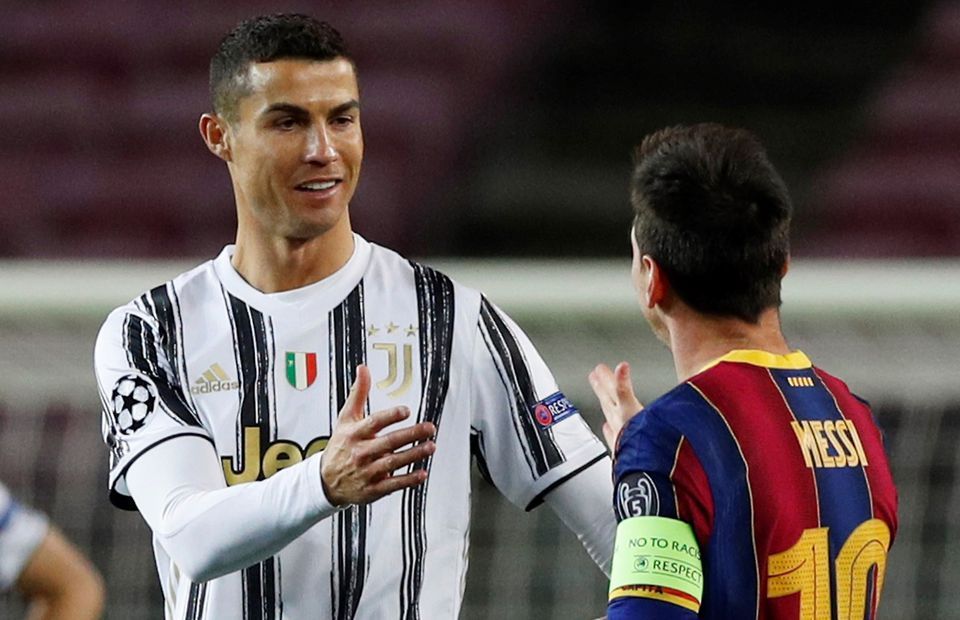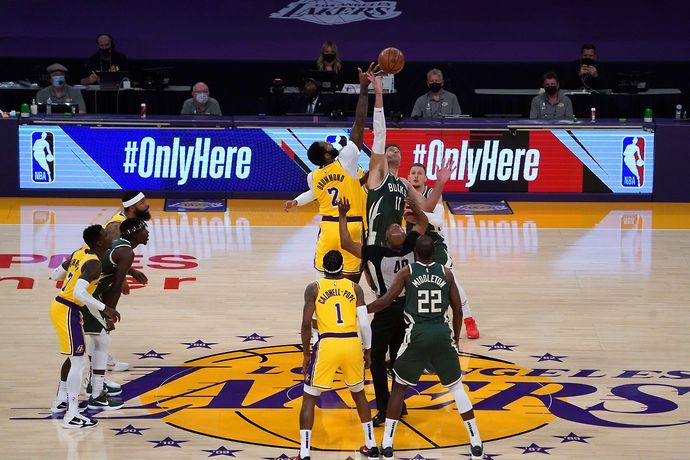Nobody should have been surprised by what unfolded at the top level of European football over Monday and Sunday. The sport’s biggest, most powerful clubs had warned for years, decades even, that they would pick up their ball and walk away if they were not handed more control. More money.
The Super League proposal underlined this threat. Football has a habit of liberally applying hyperbole where it isn’t really warranted, but this is different. A breakaway league could completely the sport as we know it. With football’s established structure fragmented, everything would be up for grabs, including the transfer market.
UEFA have threatened to ban any player participating in The Super League from playing in the Champions League, domestic leagues and for their national teams. According to reports, pre-emptive motions have already been filed in anticipation of a legal wrangle. The 12 breakaway clubs are counting on employment law in the UK and EU being on their side.
Win in the courts and a powerful precedent could be set. Should it be challenged, the transfer market in its current form might not stand up - what other industry can an employer prevent an employee from taking another job like football clubs can? If The Super League starts pulling on the thread the sport’s whole eco-system could unravel.
The equity model of the proposed breakaway league could make another way of trading players possible. Most elite level clubs would like to abolish transfer fees, especially in the current economic climate amid the Covid-19 pandemic. The Super League might allow them to do this with the 12 founding members sole shareholders.
This would be key to any fundamental overhaul of the transfer market. Selling clubs wouldn’t receive transfer fees for their best players, but widespread talk and coverage of the biggest trades would increase the value of their stake in the league. In fact, it would increase the value of every club’s stake. Every big trade would be worth something to every member. They would win every time.
The Football Terrace explains the ESL
Players would be free to seek a transfer outside The Super League, preventing any accusations of an illegal cabal, but why would they? There would be no real reason for the best players not to want to play for the biggest clubs in the most lucrative league. See how LeBron James is free to play basketball in Lithuania or Spain, but never leave the NBA.
America and its sporting landscape shows soccer’s biggest clubs, many of whom are owned by Americans, what is possible. The introduction of free agency allowed NBA players to switch teams more easily. The 2019 off season, for instance, saw a carousel of the league’s best players all swapping places. Kawhi Leonard, Kevin Durant, Kyrie Irving, Jimmy Butler and Kemba Walker all found new teams with trades packaged as entertainment. It was all to boost the NBA as a brand.
Read More: European Super League: Everything you need to know
A draft system could be established for those looking to enter The Super League from outside. In this case, the only winners would be the clubs at the top who wouldn’t be required to pay a transfer fee to clubs in domestic leagues left with nothing to show for their development and cultivation of talent. This is just another way The Super League could weight the scales in their favour.
All this may seem somewhat implausible at this time, but consider what happens next if The Super League is indeed established - will the clubs and billionaire owners involved be satisfied? Or will they use this platform to take even more? Succeed at breaking away and they will be emboldened even further. Why would they stop there?


















